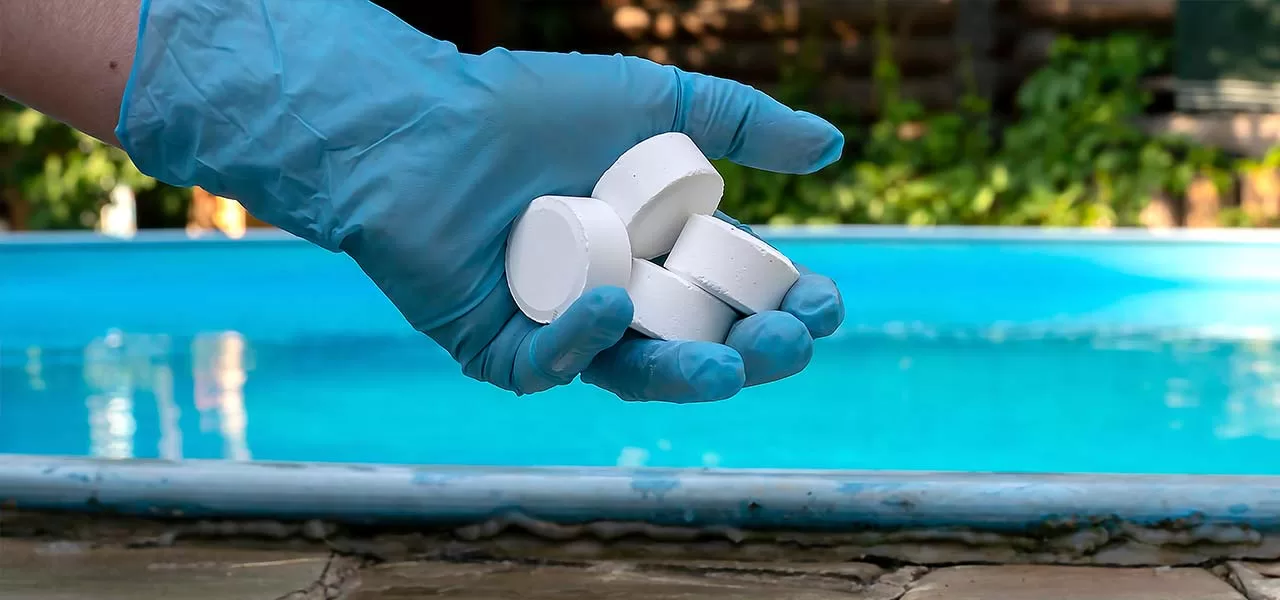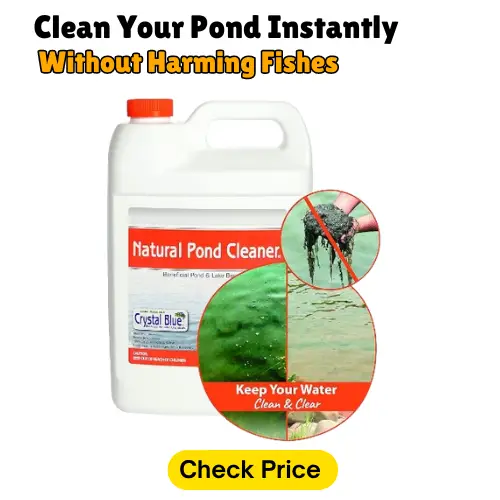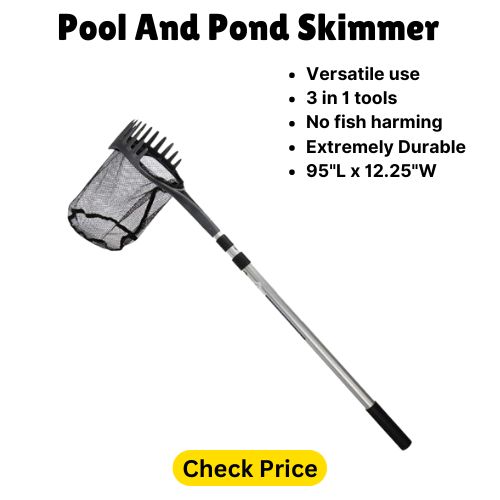Welcome to our comprehensive guide on how to adjust chlorine levels in your pool. Maintaining the right balance of chlorine is crucial for keeping your pool water clean, safe, and bacteria-free. Whether you have a chlorine pool or a saltwater pool, understanding how to adjust chlorine levels is essential for proper pool maintenance. In this article, we will walk you through the steps to ensure your pool water is perfectly balanced.

Credit: blog.intheswim.com
The Importance of Chlorine in Pool Water
Chlorine plays a vital role in keeping your pool water sanitized and free from harmful bacteria and algae. It acts as a disinfectant, killing off pathogens and microorganisms that can thrive in warm, stagnant water. Maintaining the correct chlorine levels is essential for ensuring that your pool water is safe for swimmers and free from contaminants.

Credit: www.backyardpoolsuperstore.com
Testing Chlorine Levels
The first step in adjusting chlorine levels is to test the current levels in your pool water. You can use test strips or a liquid test kit to measure the chlorine concentration. The ideal chlorine level for a pool is between 1.0 and 3.0 parts per million (ppm). If the chlorine levels are too low, your pool water may become cloudy and algae may start to grow. On the other hand, if the chlorine levels are too high, it can cause skin and eye irritation.
Adjusting Chlorine Levels
Once you have tested the chlorine levels in your pool, you can take steps to adjust them accordingly. Here are some tips for increasing or decreasing chlorine levels:
Increasing Chlorine Levels:
- Shock the pool: If the chlorine levels are too low, you can shock the pool by adding a chlorine shock treatment. Follow the manufacturer’s instructions for the correct dosage based on the size of your pool.
- Add chlorine tablets: You can also add chlorine tablets to a floating dispenser or skimmer to help maintain the chlorine levels in your pool.
- Run the pump: Running the pool pump for a few hours after adding chlorine can help distribute the chlorine evenly throughout the water.
Decreasing Chlorine Levels:
- Allow sunlight exposure: If the chlorine levels are too high, you can allow sunlight to naturally break down the chlorine in the water. Remove the pool cover and let the sun’s UV rays do their work.
- Add dechlorinator: If you need to lower the chlorine levels quickly, you can add a dechlorinator to neutralize the excess chlorine in the water.
- Partial water replacement: In extreme cases, you may need to partially drain and refill your pool to dilute the chlorine levels.
Maintaining Proper Chlorine Levels
Once you have adjusted the chlorine levels in your pool, it is important to maintain them regularly. Here are some tips for keeping your pool water balanced:
- Test the chlorine levels weekly: Make it a habit to test the chlorine levels in your pool at least once a week to ensure they are within the recommended range.
- Balance other chemicals: In addition to chlorine, you should also test and balance the pH and alkalinity levels in your pool water to maintain proper water chemistry.
- Clean the pool regularly: Skim the surface, vacuum the pool, and clean the filters regularly to prevent debris buildup and maintain water clarity.
- Keep the pool covered: Using a pool cover when the pool is not in use can help prevent debris from entering the water and reduce chlorine loss due to sunlight exposure.
Conclusion
Adjusting chlorine levels in your pool is a crucial aspect of pool maintenance. By regularly testing and balancing the chlorine levels in your pool water, you can ensure a safe and enjoyable swimming experience for you and your family. Remember to follow the recommended guidelines for chlorine levels and take the necessary steps to adjust them as needed. With proper care and maintenance, you can keep your pool water clean, clear, and refreshing all season long.




